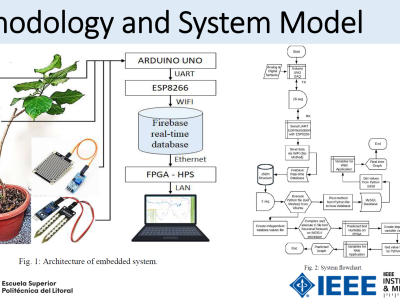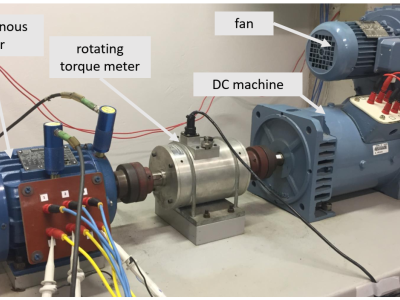Simulation Data of Emotional Delivery Service Workers

- Citation Author(s):
-
Qun Ma (Tianjin University)
- Submitted by:
- Qun Ma
- Last updated:
- DOI:
- 10.21227/866f-1g19
 19 views
19 views
- Categories:
- Keywords:
Abstract
Computational experiments within metaverse service ecosystems enable the identification of social risks and governance crises, and the optimization of governance strategies through counterfactual inference to dynamically guide real-world service ecosystem operations. The advent of Large Language Models (LLMs) has empowered LLM-based agents to function as autonomous service entities capable of executing diverse service operations within metaverse ecosystems, thereby facilitating the governance of metaverse service ecosystem with computational experiments. However, existing LLM-based agents exhibit critical limitations in emotional state integration, failing to emulate the bounded rationality required for metaverse service ecosystem governance. Three fundamental challenges hinder emotional embedding: emotional data fusion, emotional state cognition and emotional data-state alignment. This paper proposes an explainable emotion alignment framework for LLM-based agents in Metaverse Service Ecosystem. It aims to integrate factual factors into the decision-making loop of LLM-based agents, systematically demonstrating how to achieve more relational fact alignment for these agents. Finally, a simulation experiment in the Offline-to-Offline(O2O) food delivery scenario is conducted to evaluate the effectiveness of this framework, obtaining more realistic social emergence.
Instructions:
This dataset contains the activities of service workers in the food delivery scene over a period of 20 days. By analyzing the income and consumption costs of workers, researchers can understand the emergence process of involution in the service ecosystem and the changes in the status of workers.







